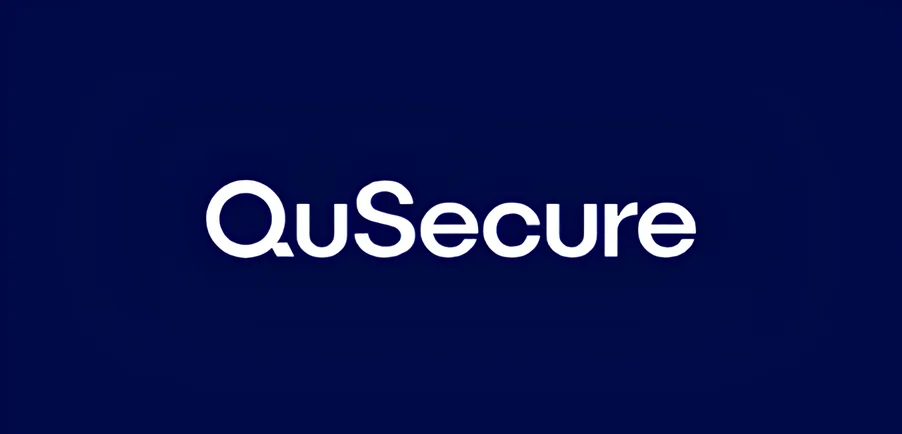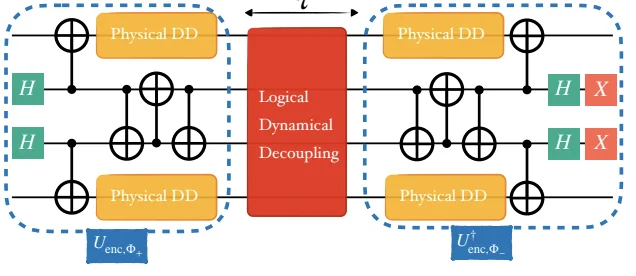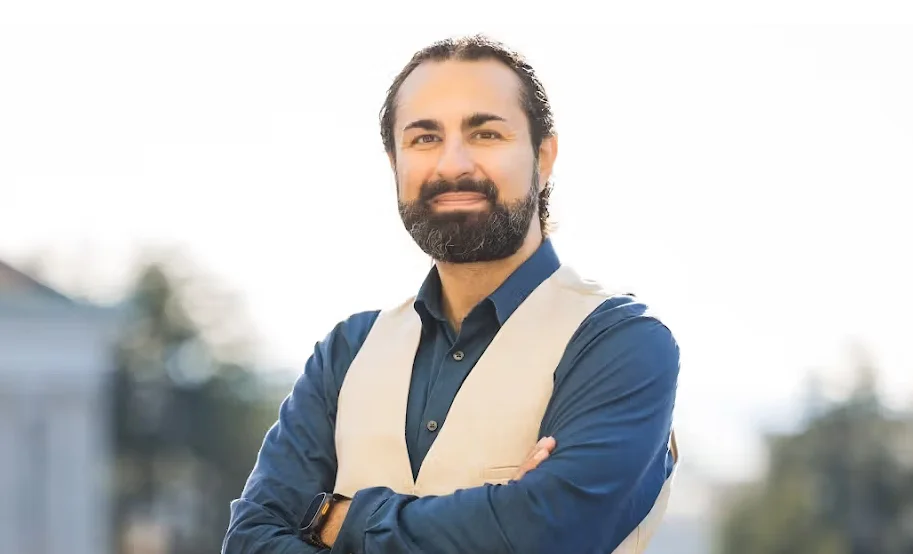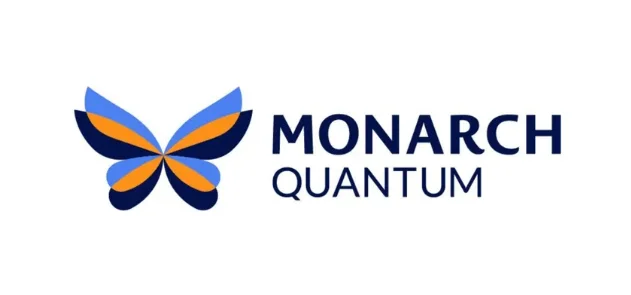Insider Brief:
- Researchers at the University of Sydney and Q-CTRL explored using GKP (Gottesman-Kitaev-Preskill) encoding to reduce hardware demands while maintaining error correction capabilities for logical qubits.
- GKP encoding allows logical qubits to be encoded into harmonic oscillators, requiring fewer physical qubits than traditional methods, while still providing effective error correction.
- The study demonstrated a universal gate set for GKP qubits with high fidelity in single-qubit and two-qubit operations, though challenges like motional dephasing and finite-energy distortions remain.
While the paths to get there are varied, the goal remains the same across the quantum community, to realize scalable quantum advantage for the purpose of applying to commercial applications. Several factors stand in the way, including the scale of hardware required, physical constraints, and most notably, error correction. Logical qubits, formed by combining multiple physical qubits, present a possible solution through improved stability and error correction capabilities, but physical scale and hardware. In a recent study from the University of Sydney and Q-CTRL, scientists explore logical qubits using GKP (Gottesman-Kitaev-Preskill) encoding to reduce hardware demands while maintaining error correction potential.
The Challenge of Scaling Logical Qubits
As noted in a recent breakdown on logical qubits, the journey from a few logical qubits to the numbers required for large-scale quantum algorithms is slow and painstaking, primarily due to the high number of physical qubits needed to form a single logical qubit. Despite this challenge, logical qubits address a core issue with physical qubits: susceptibility to environmental noise and errors. To mitigate this, logical qubits use quantum error correction by combining several physical qubits, detecting and correcting errors without collapsing the quantum state.
Microsoft and Quantinuum recently announced an achievement entangling 12 logical qubits with a 22-fold reduction in circuit error rates. This improvement allows for complex computations, such as chemical simulations and artificial intelligence applications, that would otherwise be infeasible on systems relying solely on physical qubits, as noted in a recent release.

GKP Encoding: An Alternative Approach to Error Correction
The Gottesman-Kitaev-Preskill (GKP) encoding presents an alternative approach to error correction. This technique encodes a logical qubit into the continuous variable states of a harmonic oscillator, rather than requiring many physical qubits to represent one logical qubit. According to a study from the University of Queensland, GKP encoding provides error-correction performance by using the bosonic nature of the system, which allows for error-correctable qubits without significant hardware overhead. GKP codes, first introduced by Gottesman, Kitaev, and Preskill, use discrete translation symmetry in phase space to stabilize encoded qubits against errors. This method was experimentally verified and implemented in systems such as trapped ions and microwave cavities in the University of Queensland study.
GKP as a Viable Solution for Logical Qubits
In a study from University of Sydney and Q-CTRL, researchers have demonstrated the first universal gate set for GKP qubits, relevant to fully realizing GKP-based quantum computation. The experiment focuses on encoding GKP qubits in the mechanical motion of trapped ions, implementing both single-qubit and two-qubit gates with high fidelity. They successfully achieved logical process fidelities as high as 0.960 for single-qubit operations and 0.680 for two-qubit gates. Additionally, the team generated a GKP Bell state in a single step with a fidelity of 0.842. The key to these results was an optimal control strategy, allowing the researchers to dynamically modulate interactions between the ion’s spin and motion, minimizing the distortion of finite-energy GKP states. The result: energy-preserving quantum gates compatible with existing hardware architectures.
The difference between this study and using physical qubits to form a logical qubit, GKP encoding requires fewer physical resources but comes with its own set of challenges, including maintaining finite-energy approximations and dealing with distortions during logical operations.
Overcoming the Limitations: Challenges with GKP Encoding
While the results from the University of Sydney study are promising, there are limitations. The primary challenge is motional dephasing, which introduces errors in the two-qubit gate implementation, lowering its fidelity to 0.680. The finite-energy nature of the GKP states also leads to small distortions during operations, necessitating additional rounds of error correction to maintain the encoded qubits. These limitations illustrate that while GKP encoding reduces the hardware overhead compared to traditional logical qubit schemes, it doesn’t fully eliminate the need for further refinements in hardware and software.
Future Implications for Our Communal Goal
While challenges such as motional dephasing and hardware limitations remain, the study from the University of Sydney and Q-CTRL demonstrates the potential of GKP encoding to be used as efficient error correction with reduced hardware demands. The successful implementation of a universal gate set for GKP qubits offers valuable insights for both academic research and corporate applications, highlighting the role of logical qubits in advancing scalable and reliable quantum computing. As the field progresses, contributions from both academia and industry will produce incremental insights, collectively bringing us closer, as a community, to achieving quantum advantage.















